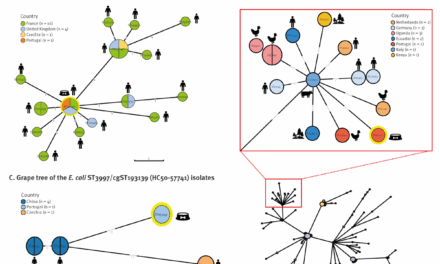Infertility rates are rising at an alarming rate, particularly among lower-income groups and smaller cities in India, with lifestyle factors such as poor diet, obesity, and smoking being major contributors. Dr. Ajay Murdia, founder of Indira IVF, one of the country’s largest fertility chains, stresses the urgent need for increased awareness, education, and healthcare access to combat this issue and provide equal opportunities for conception.
While advancements in reproductive technologies, such as In Vitro Fertilization (IVF), have opened new avenues for individuals struggling with infertility, the gap in access to these treatments remains wide for marginalized communities, especially in tier 2 and tier 3 cities. “Despite the availability of IVF and other modern reproductive methods, the underprivileged are left behind due to financial constraints and a lack of information,” Dr. Murdia explained.
Lifestyle and Social Stigma Amplify the Crisis
Lifestyle choices, including unhealthy diets, obesity, smoking, and chronic stress, have a significant impact on fertility rates. These issues are more prevalent in lower-income communities where access to nutritious food, healthcare, and stress management resources is limited. Dr. Murdia pointed out that, in addition to these factors, social and cultural stigmas around infertility often leave women to bear the emotional brunt. “The psychological toll is immense. Women in these communities are frequently subjected to blame, anxiety, and depression due to societal pressures and expectations surrounding motherhood,” he added.
In underprivileged areas, fertility problems often go untreated due to a lack of awareness and limited healthcare services. Poor diet, malnutrition, and sedentary lifestyles further aggravate reproductive health, with smoking being a particularly potent risk factor for both men and women. This, combined with limited access to quality medical care, leaves lower-income couples at a disadvantage when seeking infertility treatments.
The Need for Education and Better Healthcare Access
Dr. Murdia advocates for a comprehensive strategy to combat the infertility crisis, starting with increased public education and healthcare outreach programs. “We need to create awareness about how lifestyle choices directly affect fertility and ensure that even the most vulnerable populations have access to treatments,” he said.
Improved healthcare infrastructure in smaller cities and rural areas is crucial. Fertility treatments, while effective, remain out of reach for many due to high costs. Dr. Murdia calls for government intervention to subsidize fertility care, particularly in underserved regions. Additionally, mental health services must be integrated into infertility care, especially in areas where social stigma exacerbates emotional suffering.
Towards an Equitable Solution
As infertility rates continue to climb, the focus must shift toward creating equitable solutions for all. Addressing lifestyle-related infertility requires not only individual responsibility but also systemic changes in public health. Policy changes, public awareness campaigns, and targeted healthcare services are key to ensuring that everyone, regardless of socioeconomic status, has an equal chance at parenthood.
For the underprivileged, the journey to parenthood is often fraught with additional hurdles, but with increased attention to these communities and their specific needs, there is hope that this growing crisis can be mitigated.












